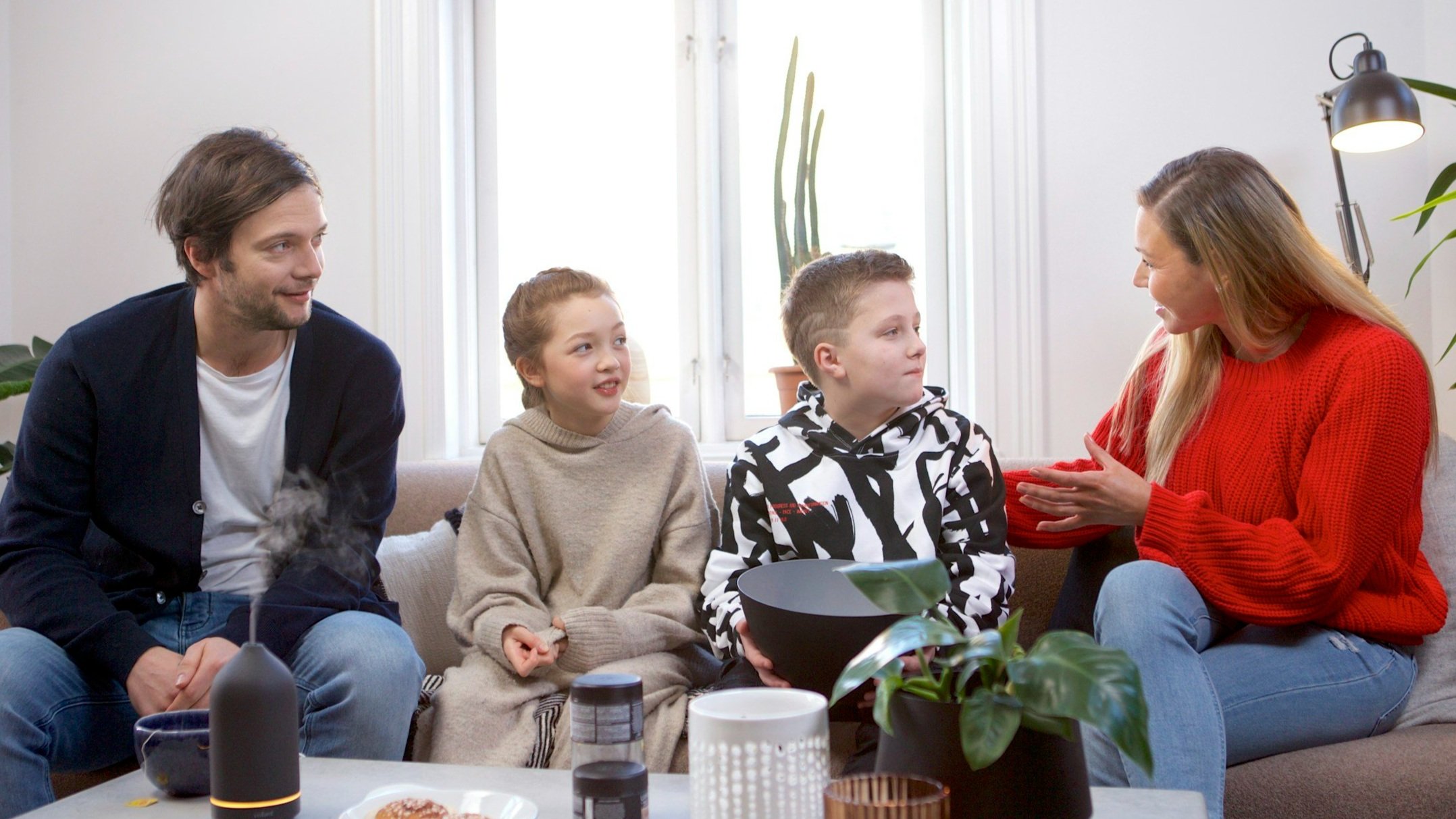Important Conversations
As a parent or caregiver, you are the biggest influence and the strongest intervention against your child/teen engaging in risky behaviors. Your relationship with them guards against risk factors that your child/teen will encounter as they develop. It is through conversations with you that your child/teen will develop beliefs and understand your family values and expectations that will buffer them against information they receive in from peers, social media and other sources.
Resources for Talking with Kids, Adolescents and Teens
General
Becoming a Trusted Adult: Foundations for More Effective Drug Education
Developed by the Stanford REACH Lab and the Stanford Center for Health Education (SCHE), these videos teach practical, evidence-based skills for communicating with adolescents about substance use. Outdated approaches like “just-say-no” or scare tactics simply don’t work. Instead, it’s important to build a trusting relationship and engage in nonjudgmental, two-way conversations to guide them toward making healthy choices for themselves.
Substance Use Prevention
Mixed Messages about Alcohol (select by child’s age 5-19)
Mixed Messages about Cannabis (select by child’s age 5-19)
StartTalkingNow.org - Available in multiple languages. Source: WA State Health Care Authority
Talk. They Hear You. - Source: Substance Abuse and Mental Health Service Administration
Talk, Even If - Talk to your kids about the serious dangers of fentanyl. Even if you don’t think your teen is at risk, they need to be prepared.
Personal Safety
Visit the Personal Safety Resource page
Peer Pressure
Refusal Skills for Teens - Teach your teen strategies for how to say “no” while maintaining friendships.
Sex and Relationships
The Chat - Seattle Children’s Hospital offers classes for pre-teens (9-12) and their parents to learn medically accurate, age-appropriate content on puberty, consent, emotions and sexual reproduction and sexuality. Parents/caregivers and pre-teens attend the program together and the content includes includes instruction, video, and time for anonymous question and answer. Source: Seattle Children’s Hospital
100 Conversations - A toolkit for parents and adults to help have important conversations about sex, relationships, values and safety, with the young people in their lives. Conversation topics relate to online and offline safety, healthy relationships, values, and underlying conditions that support a culture of rape, power, control and violence. Conversations intended for teens (13+) and older adults. Source: King County Sexual Assault Resource Center

Lots of little talks are more effective than one "big talk."
Sitting down for the "big talk" about alcohol can be intimidating for both you and your child. Try using everyday opportunities to talk— in the car, during dinner, or while you and your child are watching TV. Having lots of little talks takes the pressure off trying to get all of the information out in one lengthy discussion, and your child will be less likely to tune you out.




